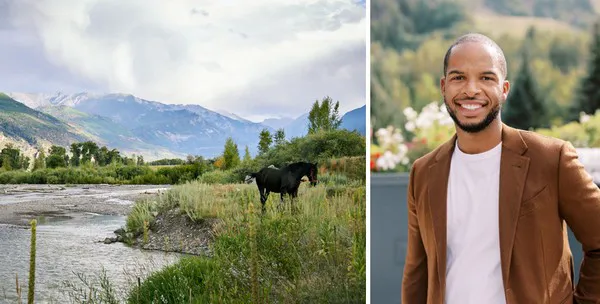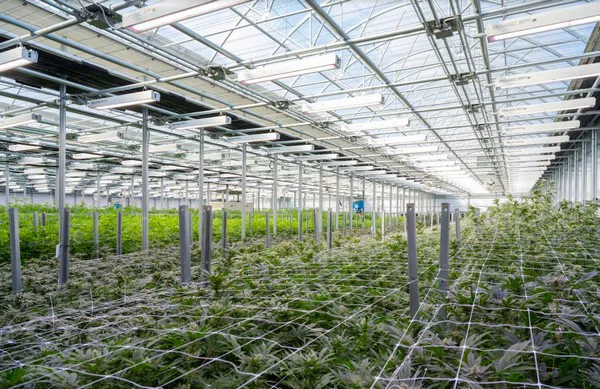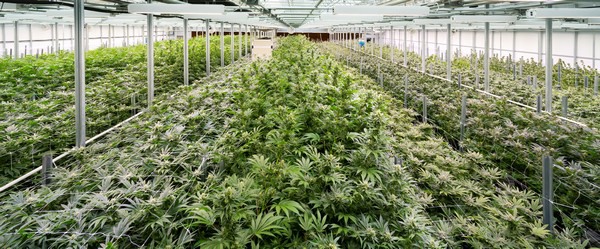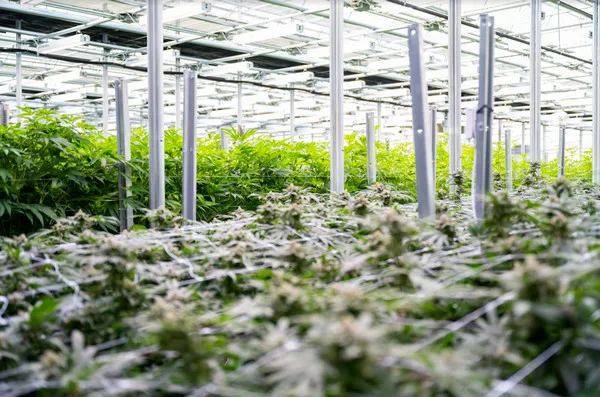“Our goal is to have the most sustainable cultivation practices possible. A part of that is adapting to the environment of our location,” says Brandon Barksdale, the new CEO of Dalwhinnie Farms. The Colorado-based company has a state of the art indoor facility, along with an enclosed greenhouse totaling well over 40,000 sq. ft.. “Under highly controlled environments, we are aiming to cultivate the cleanest and highest quality cannabis possible, with the number one goal being consistency.” As the new CEO of the company, Barksdale shares what the company is hoping to achieve, as well as what some of the most common challenges are in the industry. 
Brandon Barksdale
Commitment to nature and cultivation sciences
The Dalwhinnie cultivation facilities are located in Ridgway, Colorado. “Growing at a high elevation with extreme seasonalities is a challenge. However, every region presents its own benefits and uniqueness as it relates to cultivation. It is about adapting to your environment and using it to your advantage,” says Barksdale. The company uses San Juan snow melt as irrigation and a geothermal cooling system. 100% of the runoff is captured from the facility and returned cleaner; to irrigate the plants and return it to the river. “We are striving for excellence with our cultivation, processes and sustainability practices, which are expectations that should be commanded, to separate quality brands in the market that are here to elevate the end consumer experience with the plant.”
When it comes to their breeding and selection, the company is aiming to be innovative as well. “While understanding what our customers want is really important, we also push forward the science that may not be as widely known. Terpenes, for example, provide more variation and intensity in effects than THC content. Therefore, while THC content is important to many, we believe that terpene and cannabinoid profiles are just as if not more important. We are always trying to be forward thinking in how we approach that. Therefore, we continue to develop research to achieve the best quality that not only meets the market’s needs, but also advances it.”
Organizational maturity
Before embarking on his new role at Dalwhinnie, Barksdale acquired years of experience advising a variety of cannabis companies. Throughout his career, he has experienced some of the major challenges and changes the cannabis industry has had to deal with throughout the years. “One of the biggest hurdles in the cannabis market is widely known to be the lack of maturity of the industry in general. There are a lot of mature companies out there that have more structure, but there are also many smaller operators that have not yet been able to set up the infrastructure or controls to properly manage risk mitigation. This is necessary for a company to not only sustain itself but also to move towards operational excellence. Now that the cannabis market has broadened and the volatility is presently difficult to anticipate, companies need a better understanding surrounding costs, analytics, and profitability. In addition, as regulations are changing, that brings along further operational complexities. As the market is going through its changes, similar to any commodity, cannabis companies need to be able to react quickly to make data and market-driven decisions that keep the company healthy on all fronts.”
Now that Barksdale is the CEO of Dalwhinnie, he has many goals to achieve with the company. “Focusing on production excellence and our talent development is a huge area for us. And when it comes to that, being able to continuously evolve as a business is important. First and foremost, we are always focused on the end quality of our product, and being able to put the best process and technology towards that goal. Secondary to that is how it all fits together in terms of our production. For example, we have to make sure that we have the right level of sophistication in our technology, practices, and systems. Producing the highest quality products has a lot to do with not only the talented team we have but also the technology behind it. Therefore, we always push automation and technology, in order to be as efficient as possible.”
When it comes to the future, there are already some plans underway. “We are looking to get into some other markets and creatively expand our retail footprint. Importantly, we aim to maintain our quality and spirit as we continue to grow and expand. We are also establishing processes that will lead us to GMP and GACP certification, which will further differentiate us in the marketplace as being driven by quality as well as industry best practices.”
For more information:
Dalwhinnie Farms
www.dalwhinnie.com
